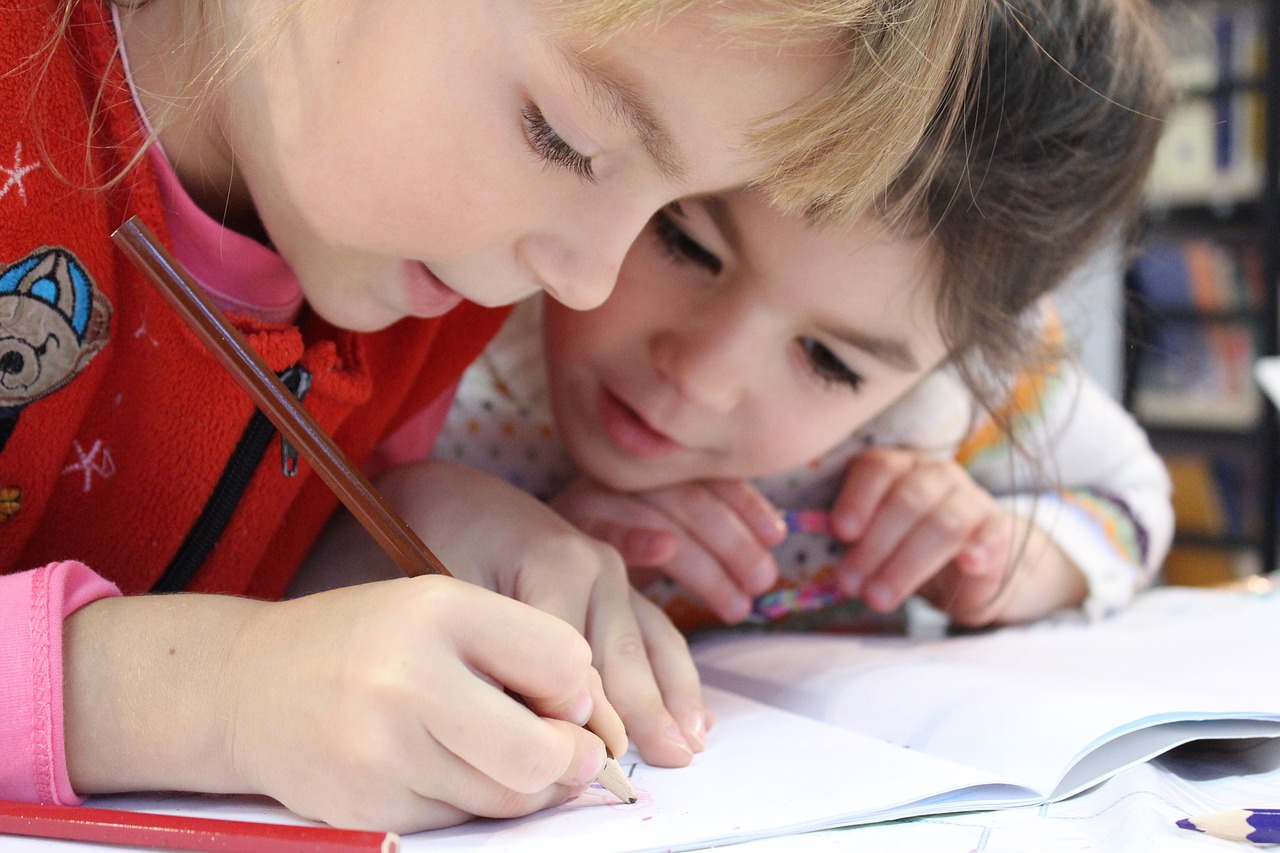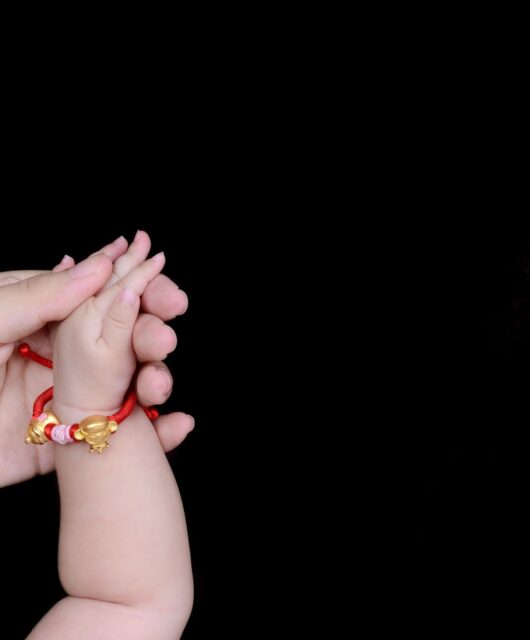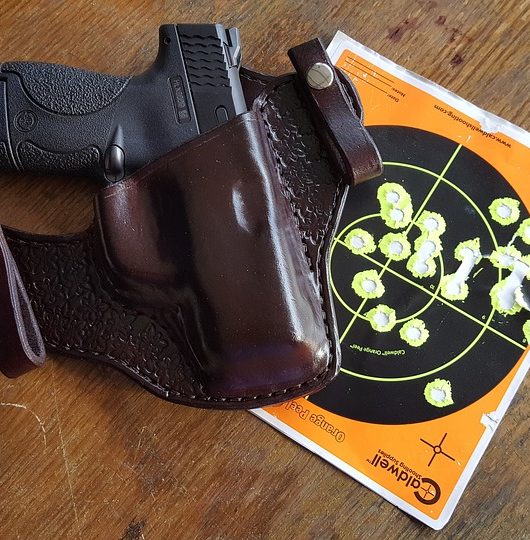The Role of Psychomotricity in Early Childhood Development – Hind Louali
 Psychomotricity is a holistic approach that emphasizes the importance of the connection between the body, mind, and emotions in early childhood development. The term “psychomotricity” encompasses the interplay between motor skills, cognitive abilities, and emotional regulation, all of which contribute to a child’s overall development. With some help from Hind Louali, this article will explore the importance of psychomotricity in early childhood education, highlighting how it supports physical, cognitive, and emotional growth while fostering a strong foundation for future learning.
Psychomotricity is a holistic approach that emphasizes the importance of the connection between the body, mind, and emotions in early childhood development. The term “psychomotricity” encompasses the interplay between motor skills, cognitive abilities, and emotional regulation, all of which contribute to a child’s overall development. With some help from Hind Louali, this article will explore the importance of psychomotricity in early childhood education, highlighting how it supports physical, cognitive, and emotional growth while fostering a strong foundation for future learning.
Table of Contents
Supporting Physical Development
A key aspect of psychomotricity is the focus on developing and refining motor skills in young children. Through various activities such as crawling, jumping, and balancing, children can enhance their gross motor skills, which are essential for everyday movements and tasks. Fine motor skills, such as grasping and manipulating objects, are also developed through psychomotor activities, laying the groundwork for skills like writing and self-care. Encouraging physical development through psychomotricity helps to establish a strong foundation for future physical and athletic endeavors.
Enhancing Cognitive Abilities
Psychomotricity plays a critical role in fostering cognitive development in young children. Psychomotor activities often involve problem-solving, planning, and decision-making, which stimulate cognitive growth and enhance skills such as attention, memory, and critical thinking. By engaging in activities that challenge and strengthen cognitive abilities, children become better equipped to process and understand the world around them.
Fostering Emotional Regulation
Emotional regulation is an essential component of psychomotricity. Through psychomotor activities, children can develop an awareness of their emotions and learn to express and manage them in a healthy way. Physical movement has been shown to help reduce stress and anxiety, allowing children to better cope with emotional challenges. Additionally, the sense of accomplishment gained from mastering new psychomotor skills can boost self-esteem and confidence, contributing to a strong sense of emotional well-being.
Encouraging Social Skills
Psychomotricity also promotes the development of social skills, as many psychomotor activities involve cooperation and collaboration with peers. By engaging in group activities, children learn essential social skills such as communication, empathy, and conflict resolution. These skills are crucial for building strong relationships and navigating social situations throughout life.
Building a Foundation for Lifelong Learning
The integration of psychomotricity into early childhood education lays a strong foundation for lifelong learning. The development of motor skills, cognitive abilities, emotional regulation, and social skills through psychomotor activities prepares children for the challenges they will face in their academic and personal lives. By nurturing the whole child, psychomotricity promotes a well-rounded and balanced approach to development, setting the stage for success in all areas of life.
Psychomotricity is a vital aspect of early childhood development, as it supports physical, cognitive, emotional, and social growth through the interconnectedness of mind, body, and emotions. By incorporating psychomotricity into early childhood education, we can help to create a strong foundation for future learning and ensure that children are well-equipped to face the challenges and opportunities of the modern world. Through psychomotor activities, we can unlock the power of movement and nurture the holistic development of our children, fostering a generation of healthy, balanced, and resilient individuals.









